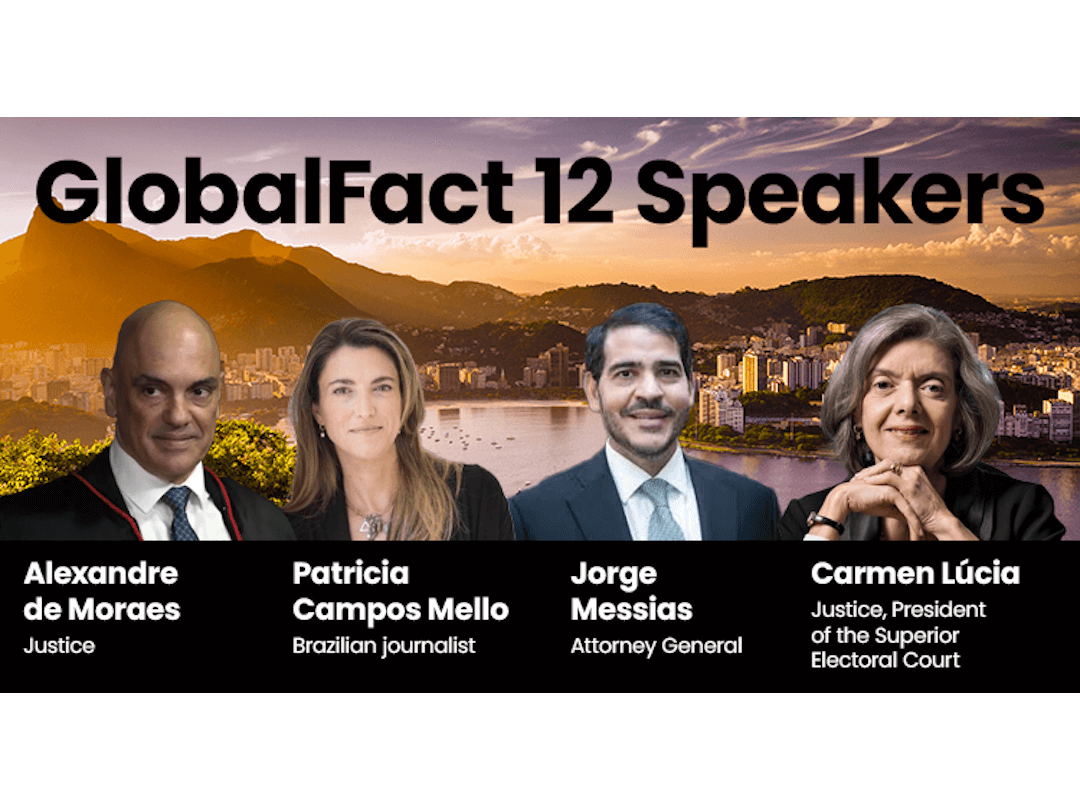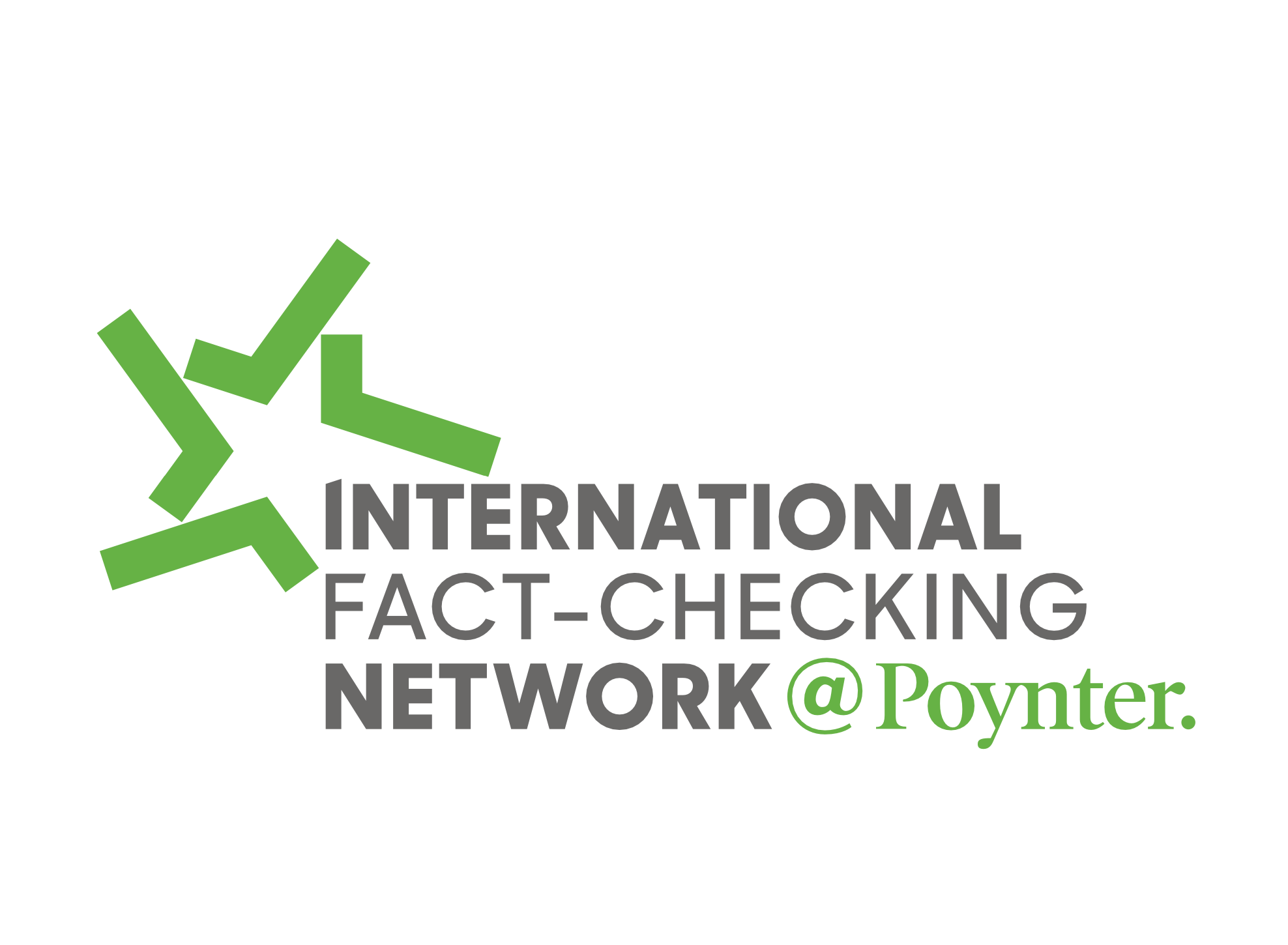What changes have happened since George Floyd was killed? Ballotpedia provides a list and interactive map.
Make no mistake, the Black Lives Matter movement sparked by Floyd’s death may have been the biggest protest movement in American history. On one day, June 6, 2020, there were more than a million protestors gathered in 550 marches around the country.
The White House supports a national police reform act named after Floyd — H.R. 1280, the George Floyd Justice in Policing Act — which would ban all neck restraints, including chokeholds and the kind used on Floyd. It would also ban no-knock warrants in drug cases, as was used in the fatal shooting of Breonna Taylor in Louisville, Kentucky, last March.
The notion of defunding the police that grew out of Floyd’s death never got much political traction, although police reforms have. In fact, state after state has passed reform laws, in some cases with states imposing the reforms on cities.
In other states, including Florida, lawmakers passed what they call “pro-law enforcement” laws. Gov. Ron DeSantis signed a bill into law creating new penalties for taking part in a mob. The new law creates a defense for individuals who fight off rioters. Tennessee lawmakers are considering giving immunity to drivers who unintentionally hit protesters in the streets.
[the_ad id=”667826″]
How has support for Black Lives Matter changed in the 11 months since Floyd’s death?

Oklahoma City Thunder’s Terrance Ferguson (23) takes the court for practice in an NBA basketball arena Friday, Aug. 28, 2020, in Lake Buena Vista, Fla. (AP Photo/Ashley Landis, Pool)
FiveThirtyEight has been tracking polling data that shows public trust in police has grown, even after Black Lives Matter saw a spike in public support in the months after Floyd’s death.
The Ipsos polling was released last month, before the shooting of Daunte Wright and before the police video of Adam Toledo was released.
That polling showed that people still value policing and law enforcement.
An Ipsos poll found:
Half (49%) of Americans believe law and order is the most important thing to ensure, even if it means limiting peaceful protests, while
31% feel the right to protest is the most important thing to ensure. In June, in the midst of protests across the country, the American public was evenly split (45% preserve law and order vs. 44% right to protest).
Overall, 51% of Americans support reforming the police, while 19% oppose.
Though white and Black Americans aren’t too far apart on this (51% and 59% support, respectively), there is a sizeable gap between Democrats (73% support) and Republicans (33%).
[the_ad id=”667872″]
How this trial will affect the ‘blue wall of silence’
How will this trial affect what has become known as the “blue wall of silence,” in which police do not testify against other officers?
In this case, fellow officers — and indeed the chief of police — testified for the prosecution. The Washington Post included this quote:
“The police chief testifying, that’s a game changer,” Kobie Flowers, a former federal civil rights prosecutor and federal public defender who now works in private practice, said in an email. “I’m unaware of any excessive force case in a major American city in which the sitting police chief testified — in full-dress uniform — against one of his own officers.
The parade of Minneapolis police testimony in Chauvin’s trial is likely due to the specific nature of the case, said Michelle Phelps, an associate professor of sociology at the University of Minnesota who has studied community views on the city’s police.
“This case was so uniquely damaging to the department’s reputation … they feel uniquely compelled to correct the record and stand up for the department in this public-facing testimony, in a way that wouldn’t be true if it hadn’t been such an incredibly pivotal and unique case,” Phelps said.
But she does not expect it to set a precedent, because the Chauvin case is so singular. “I don’t expect the chief to now be called in every later prosecution of an officer,” Phelps said.
The trial is, however, meant to send a message on behalf of the Minneapolis police force and officers around the country, said David Carter, a criminal justice professor at Michigan State University and a former police officer in Kansas City, Mo.
[the_ad id=”667878″]











